By Jacquelyn Ann Marie G Anzures, ACCRA Law
Earlier this year, the Philippines Securities and Exchange Commission (SEC) issued an opinion stating that an online gaming system with absolutely no physical presence in the Philippines shall be considered as “doing business” in the Philippines and was thus required to obtain a licence to do business from the SEC.
It did not matter that the company had no physical office, no employees and no physical servers located within the Philippines. Anyone from the Philippines who has access to the internet could access the website, open an account and purchase online gaming content. There is no physical delivery of any product to the Philippines, as the content is offered, sold and accessed exclusively online.
The hallmark test for determining whether an entity is doing business in the Philippines is twofold: first, there must be a showing that the foreign corporation is continuing the body or substance of the business or enterprise for which it was organised; and second, the foreign corporation is engaged in activities which implies a continuity of commercial dealings, and contemplates the progressive prosecution of the purpose and object of its organisation. This definition has been codified in the Foreign Investments Act.
So the question remains — is mere online activity sufficient to constitute “doing business”
within the Philippines? The SEC seems to answer in the affirmative. The SEC cited several factors to justify that the corporation was doing business in the Philippines: 1) creation of the online account takes place in the Philippines; 2) access is made by users located in the Philippines; 3) payment of the content is made from within the Philippines using local credit cards; and 4) delivery of the online content is made in the Philippines. The IP address located in the Philippines receives the offer of services, sends the acceptance of the offer to the virtual plane and, finally, the content or service is delivered through said virtual plane to the account holder’s IP address in the Philippines. Clearly, says the SEC, “the transactions will be consummated in the Philippines”.
Under existing laws, a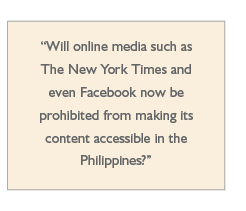 foreign corporation deemed “doing business” in the Philippines is required to obtain a licence to do so from the SEC. The failure to obtain such licence will prevent the foreign corporation from having the personality to take refuge in Philippine courts and from invoking Philippine law, if aggrieved. However, despite the inability to maintain any suit or proceeding, such corporation may be proceeded against before Philippine courts. In short, it can be sued, but it cannot sue.
foreign corporation deemed “doing business” in the Philippines is required to obtain a licence to do so from the SEC. The failure to obtain such licence will prevent the foreign corporation from having the personality to take refuge in Philippine courts and from invoking Philippine law, if aggrieved. However, despite the inability to maintain any suit or proceeding, such corporation may be proceeded against before Philippine courts. In short, it can be sued, but it cannot sue.
The SEC opinion, however, has far-reaching implications beyond the requirement to obtain a licence to do business, which may prove problematic for all other entities similarly situated operating solely via the internet. What could be the impact to online retail stores like Amazon and eBay; online social platforms like Facebook;
online news portals like The New York Times and all other entities that have not established physical presence within the Philippines and yet derive business and online traffic from within the Philippines — will all such entities now be required to obtain licences from the SEC? If so, how will Philippine regulatory agencies regulate these activities and impose sanctions, if needed? If these entities will be considered doing business in the Philippines, are nationality requirements applicable to them? And if so, how could the same be enforced against them? This is particularly significant given the recent controversial pronouncements of the SEC defining “mass media”, which must be 100 percent Filipino owned, to include “any medium of communication deigned to reach the masses”. To this end, the SEC has classified even billboards as mass media, which must therefore be 100 percent Filipino owned. Given this, will online media such as The New York Times and even Facebook now be prohibited from making its content accessible in the Philippines? The implications to business and investment are endless and it may take a bit longer than a fortnight before we get some clarity.
(Note: This article first appeared in Business World, a newspaper of general circulation in the Philippines)

T: (632) 830-8000
F: (632) 4037007, (632) 4037008





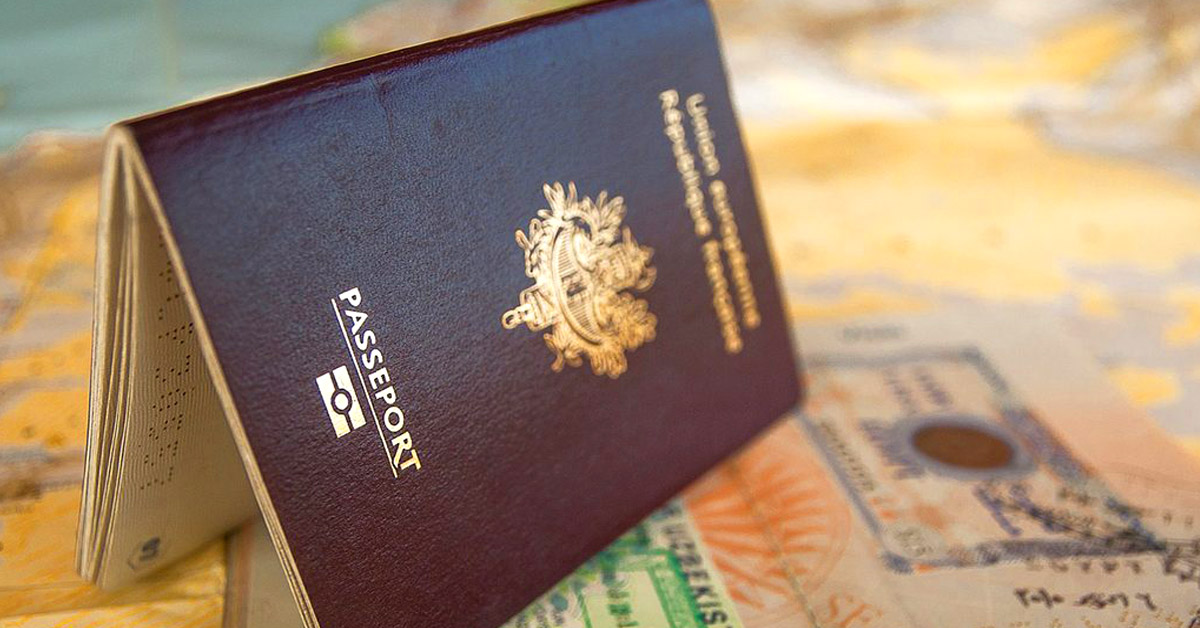
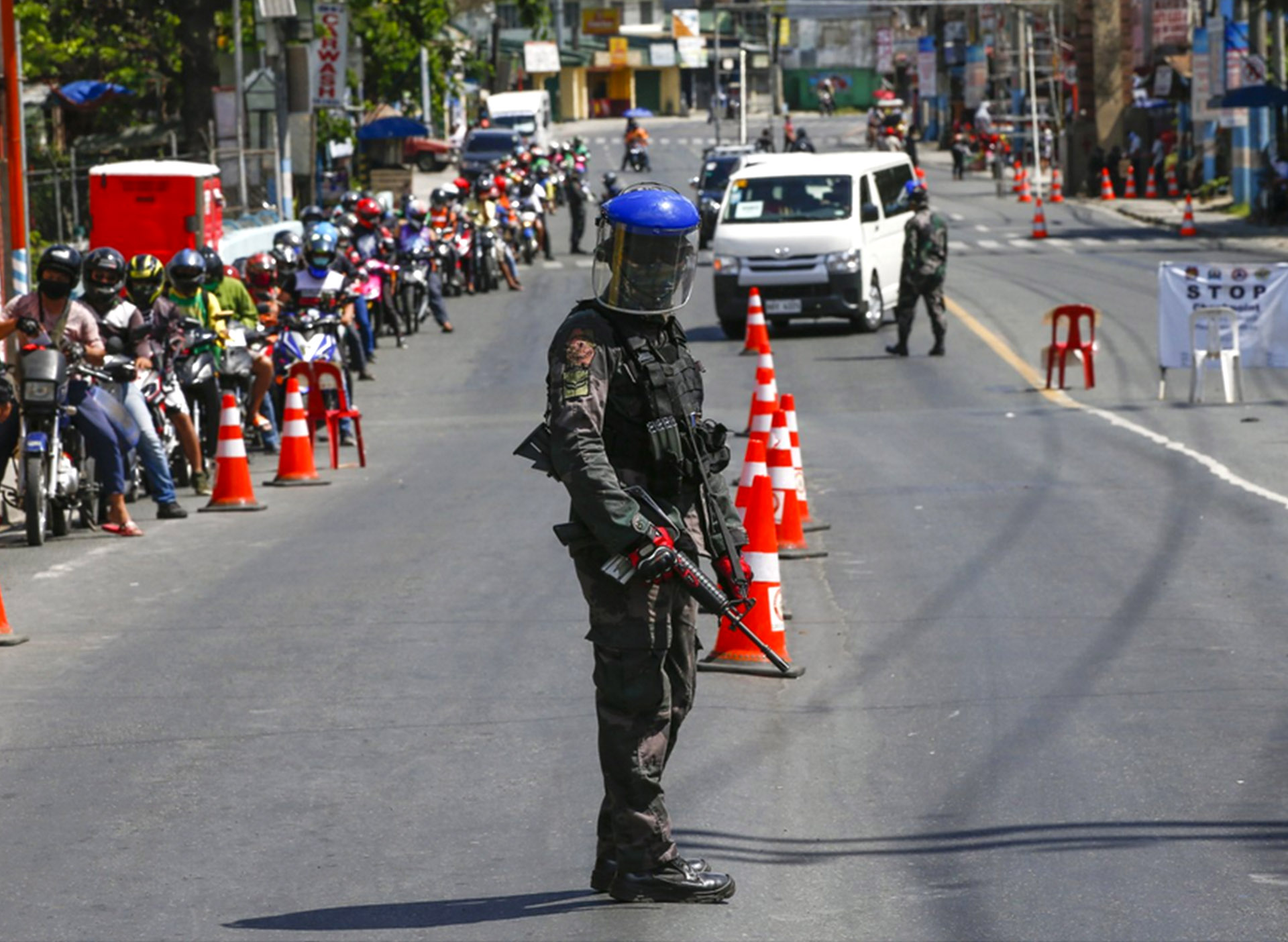








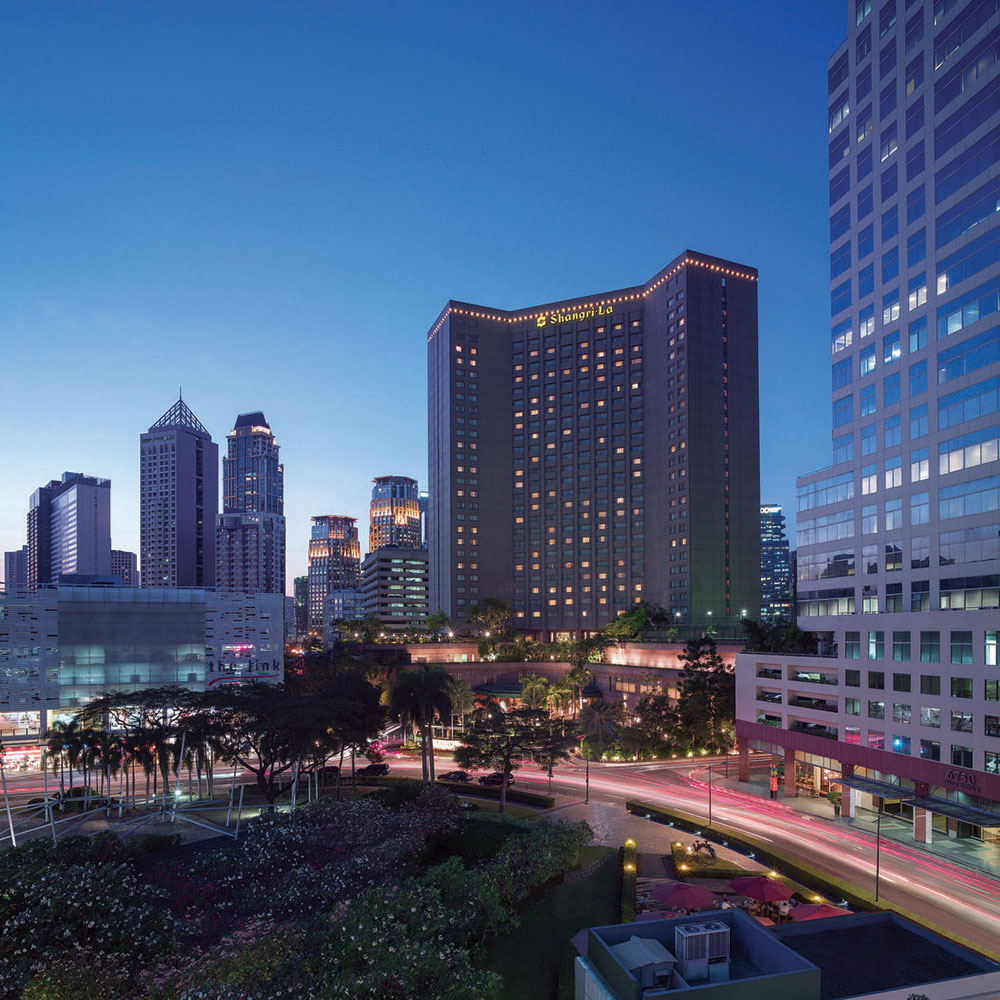



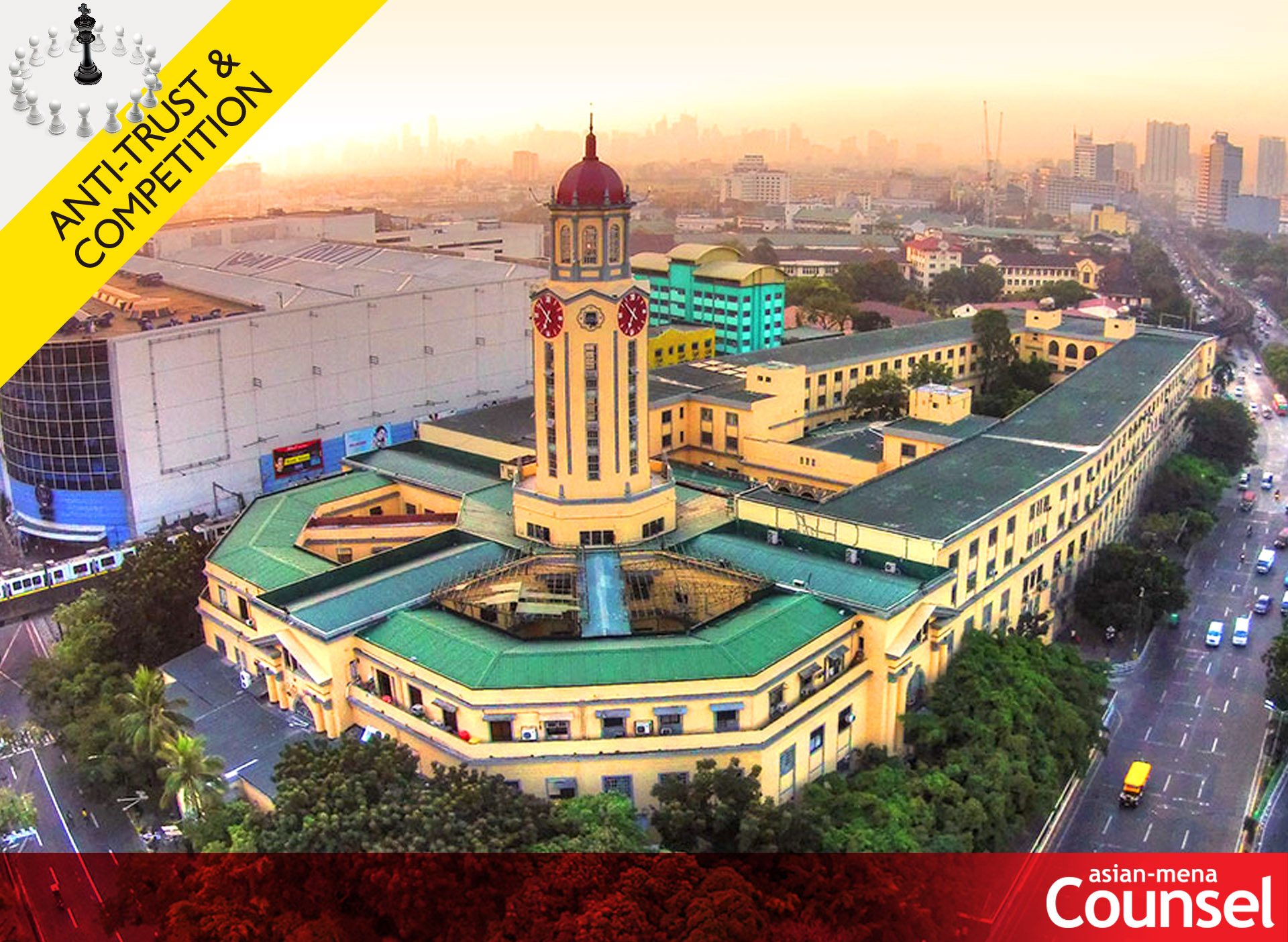











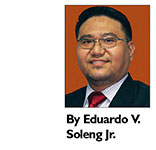
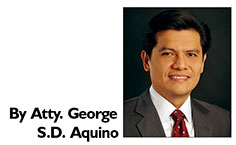







 Angara Abello Concepcion Regala & Cruz Law Offices (ACCRALAW)
Angara Abello Concepcion Regala & Cruz Law Offices (ACCRALAW)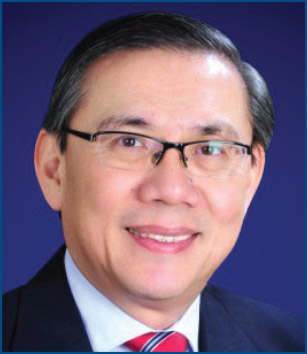 Emerico O. De Guzman
Emerico O. De Guzman




